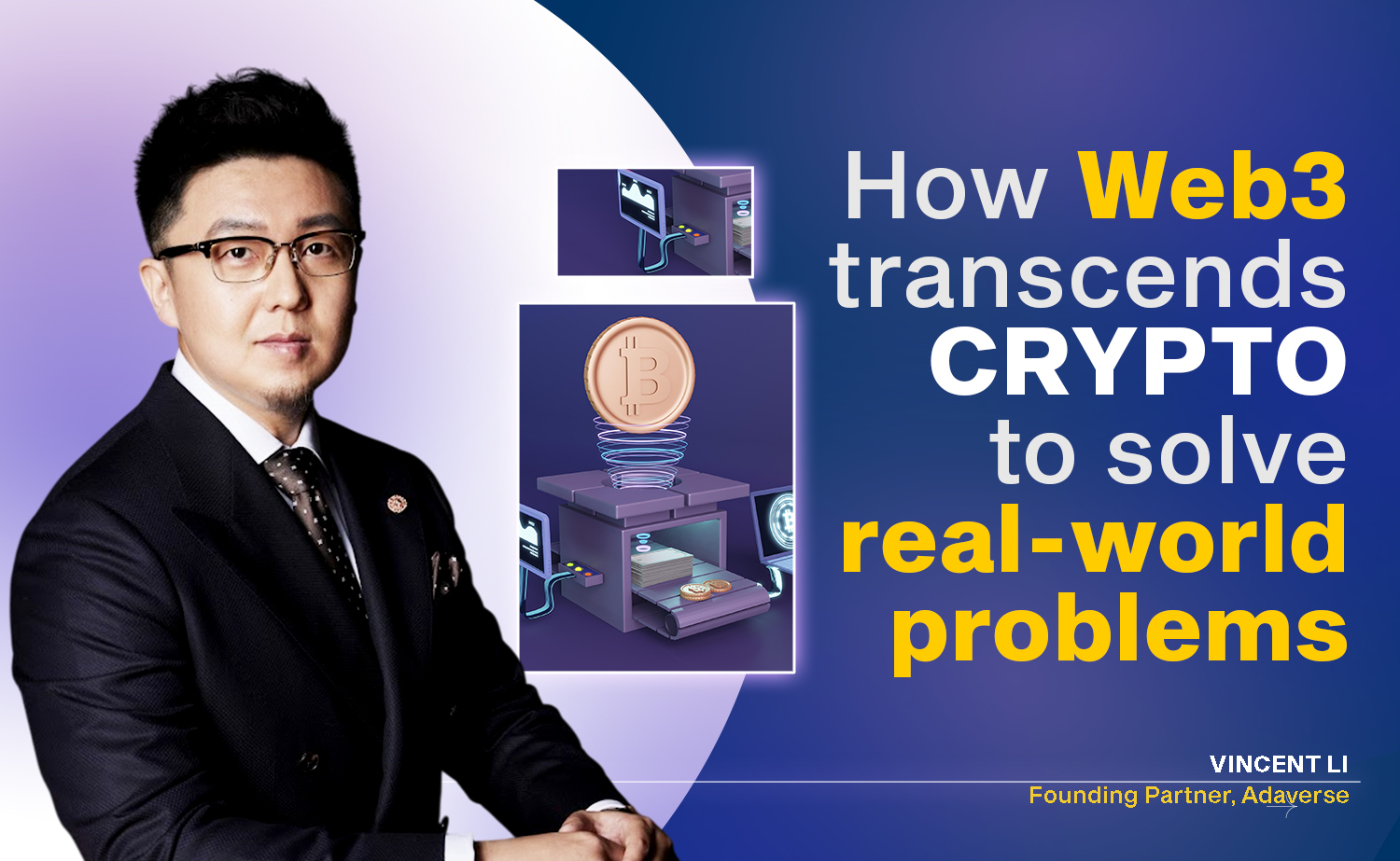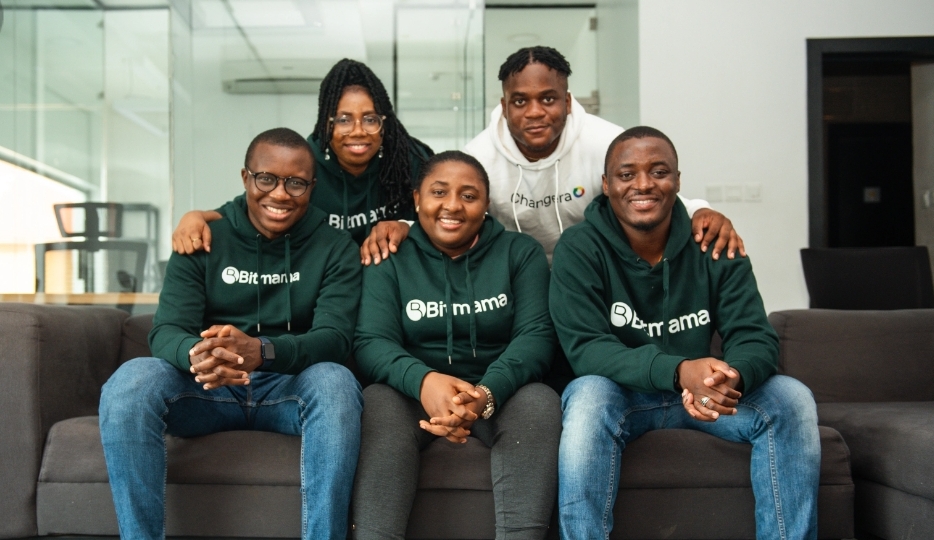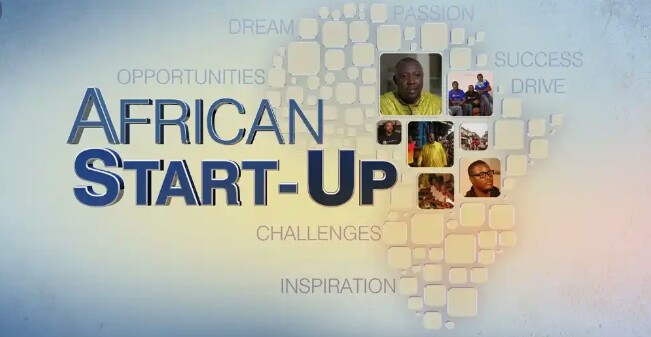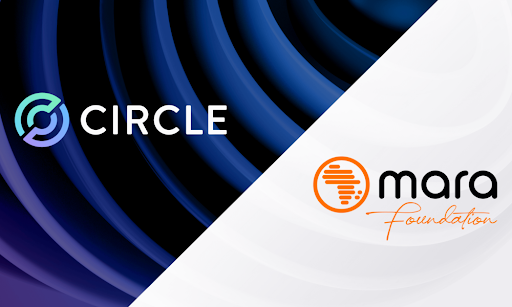Web3 is transforming both global systems and local realities, enabling new ways to own, trade, and build trust through decentralised technologies. From tokenized real estate to inclusive digital finance, it is a tool for real-world change.
Vincent Li, a Founding Partner at Adaverse, is at the forefront of this shift. An investor, builder, and former NASDAQ-listed media entrepreneur, Li has backed over 60 Web3 startups across 13 countries, including 40 in Africa. In this interview with Techpression, he unpacks how Web3 is reshaping industries and why Africa is poised to lead its next evolution.
What is Web3, and why does it matter?
Web3 is fundamentally about creating a more decentralised internet where users have greater ownership and control. Having grown up with Web1 and started my career in Web2 as a product manager, I’ve witnessed the internet’s evolution firsthand. Web3 leverages blockchain technology to build trust and transparency into digital interactions, allowing for direct peer-to-peer transactions without intermediaries. It matters because it addresses many limitations of our current internet infrastructure, particularly in areas requiring trust, transparency, and user ownership.
One of the most exciting parts of Web3 is how it’s bringing real-world asset tokenization onto the blockchain. What kind of impact is this having on industries globally?
Real-world asset tokenization is revolutionising how we represent, transfer, and manage value. It’s essentially bringing physical assets onto the blockchain, making them more accessible, divisible, and liquid. In Saudi Arabia, for example, we’re seeing promising applications in sectors like real estate and finance.
Read Also: Bridging gaps and driving innovation: Highlights from Tech Unite Africa 2025
At Adaverse, we’ve invested in companies like House Africa, which is transforming land registration in Nigeria by implementing Web3 technology, moving directly from paper records to digital on-chain verification. This demonstrates how tokenization can solve real problems like property verification and ownership disputes.
We often hear about blockchain and crypto, but what are some real, tangible use cases of Web3 you’ve seen so far?
Beyond cryptocurrencies, we’re seeing meaningful applications across multiple sectors. In the Middle East, we recently invested in Takadao, which uses blockchain to provide secure and efficient halal insurance and financial services globally. Another example is Grintafy, a sports tech company we’re supporting in its Web3 transformation to enhance user experiences through blockchain technology. These companies are solving tangible problems rather than simply riding the blockchain hype.
There’s a lot of noise in the Web3 space. In your view, how can we tell the difference between projects that are truly innovative and those that are hyped?
I believe the key is focusing on solutions that address real-world problems. At Adaverse, we prioritise founders who leverage blockchain and Web3 technologies to tackle genuine challenges. It’s important to distinguish between blockchain technology with its problem-solving applications and potential misuses like cryptocurrency speculation. As Chris Dixon explains perfectly, it’s the difference between “the computer and the casino.” The most promising projects are those creating actual utility rather than just speculative value.
Let’s shift to Africa now. There’s so much potential here. How can Web3 really make a difference for unbanked and underbanked communities across the continent?
Africa presents unique leapfrogging opportunities, similar to how the continent bypassed laptops for widespread smartphone adoption. Web3 can provide financial services to those excluded from traditional banking through digital wallets, microloans, and peer-to-peer transactions. For example, Mithu App addresses challenges in the loyalty program market, where customers struggle to manage multiple programs, leading to billions in expired points annually. Similarly, UmrahCash simplifies currency exchange and money transfers for migrant workers and religious visitors, providing a secure and transparent platform that bypasses costly informal networks.
You’ve backed over 40 African Web3 startups. Can you share some success stories of African startups integrating Web3?
House Africa stands out as a prime example, revolutionising land registration in Nigeria by implementing Web3 technology. They’re moving directly from paper records to digital on-chain verification, solving the persistent problem of land disputes and ownership verification. Through Adaverse, we’ve invested in approximately 40 African Web3 startups across the continent, many of which are creating innovative solutions in sectors like finance, agriculture, and identity verification. These startups are demonstrating how blockchain can address uniquely African challenges.
But even with all this innovation, digital literacy and internet access remain a challenge. How are you and your team helping address this gap?
This remains a significant challenge, but we’re tackling it through education, community building, and strategic investments.
In the past, we made many efforts as Adaverse – we launched Startup School, a program designed for African entrepreneurs, featuring weekly educational webinars led by industry experts. We also created the BuildUp Africa podcast to spotlight innovative Web3 solutions and bridge the knowledge gap for young entrepreneurs.
Read Also: Binance Wallet to host 8th exclusive token generation event with StakeStone
Eventually we decided it was more strategic to focus our resources on venture building, so we paused the podcasts, for example; however, our commitment to education remains strong. Today, we actively support dozens of startups in growing their communities and are investors in Nodo a key player driving digital education forward.
Bridging this gap requires a collective effort, and we’re dedicated to playing our part in shaping a more inclusive digital future.
Looking ahead, what’s your vision for Africa if it fully embraces Web3 in the next few years?
I envision Africa becoming a global leader in practical Web3 applications. The continent has already demonstrated its ability to leapfrog outdated technologies, and I believe we’ll see similar patterns with Web3 adoption. In the next three to five years, I anticipate significant progress in mass adoption of Web3 technologies across finance, payments, retail, and entertainment. With the right support and regulatory frameworks, Africa could develop unique blockchain-based solutions that address its specific challenges while creating new economic opportunities.





